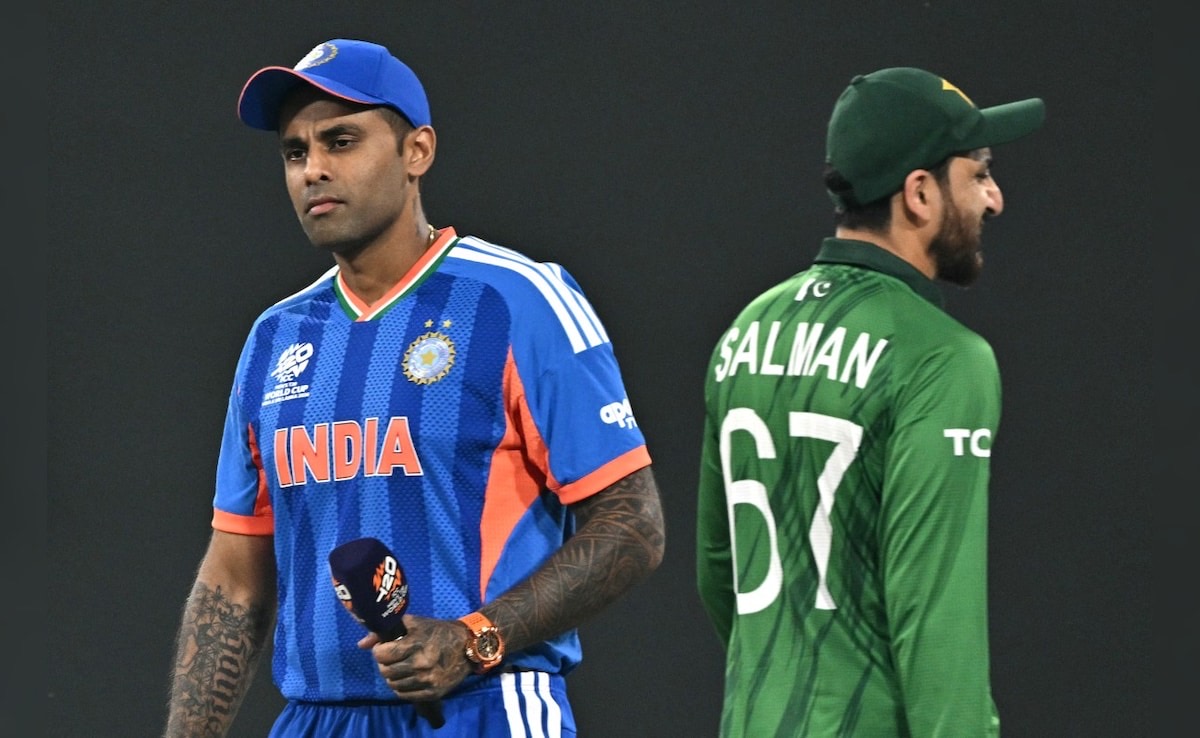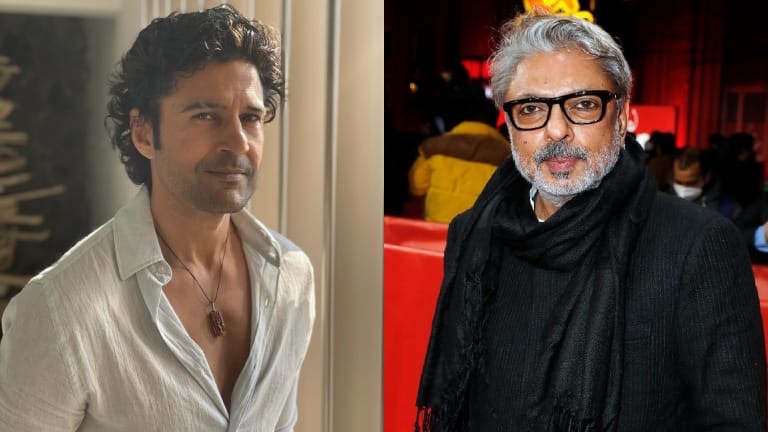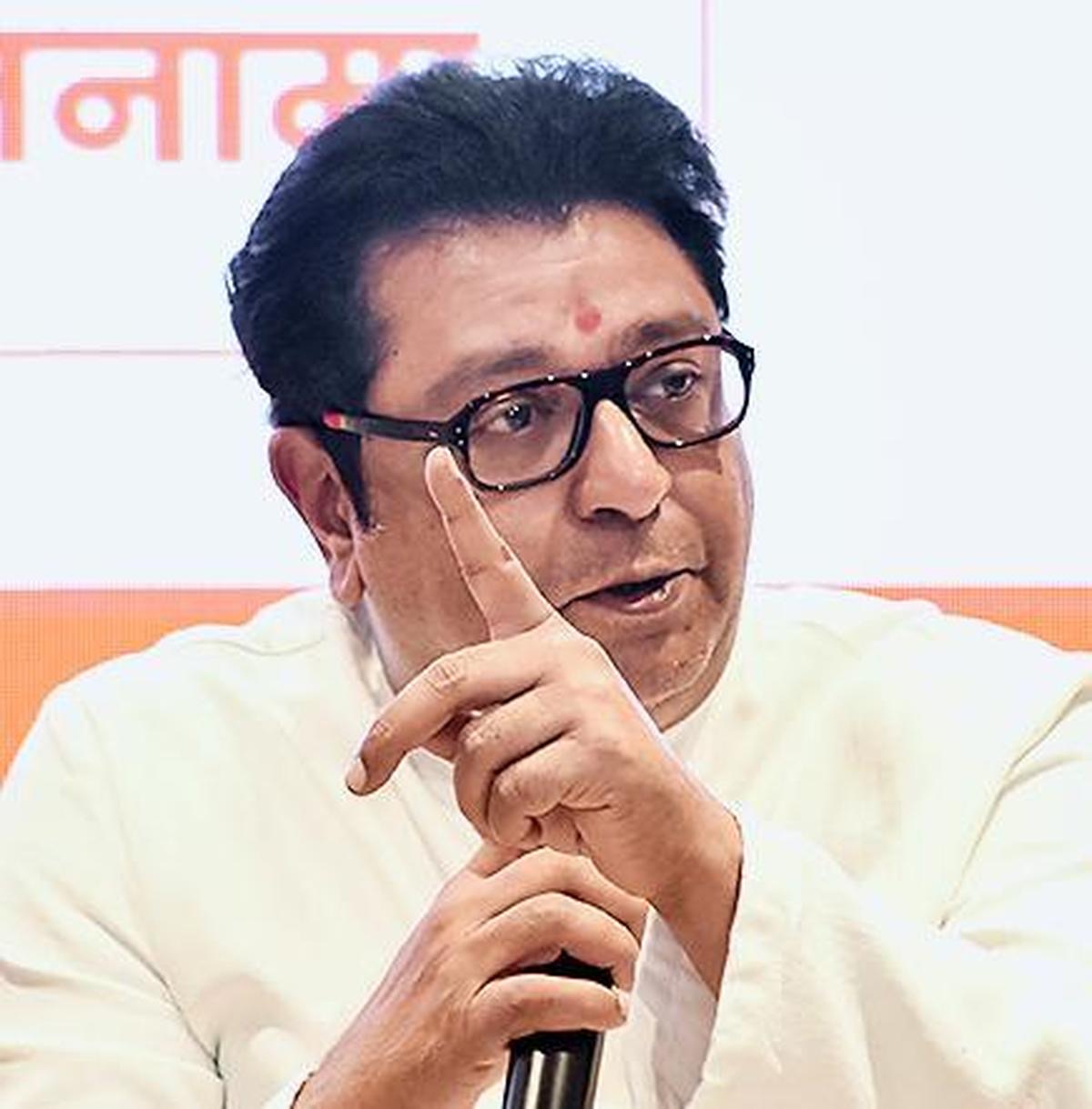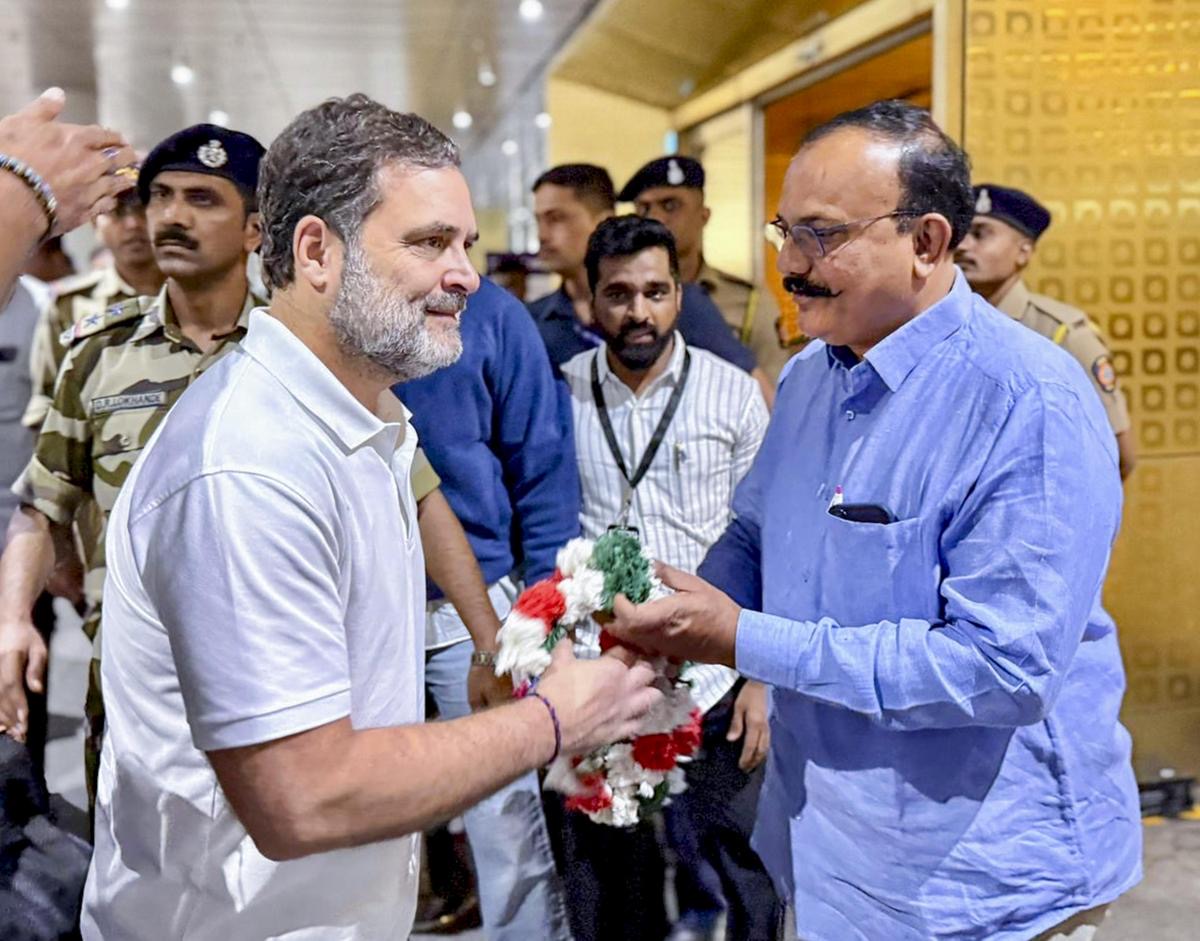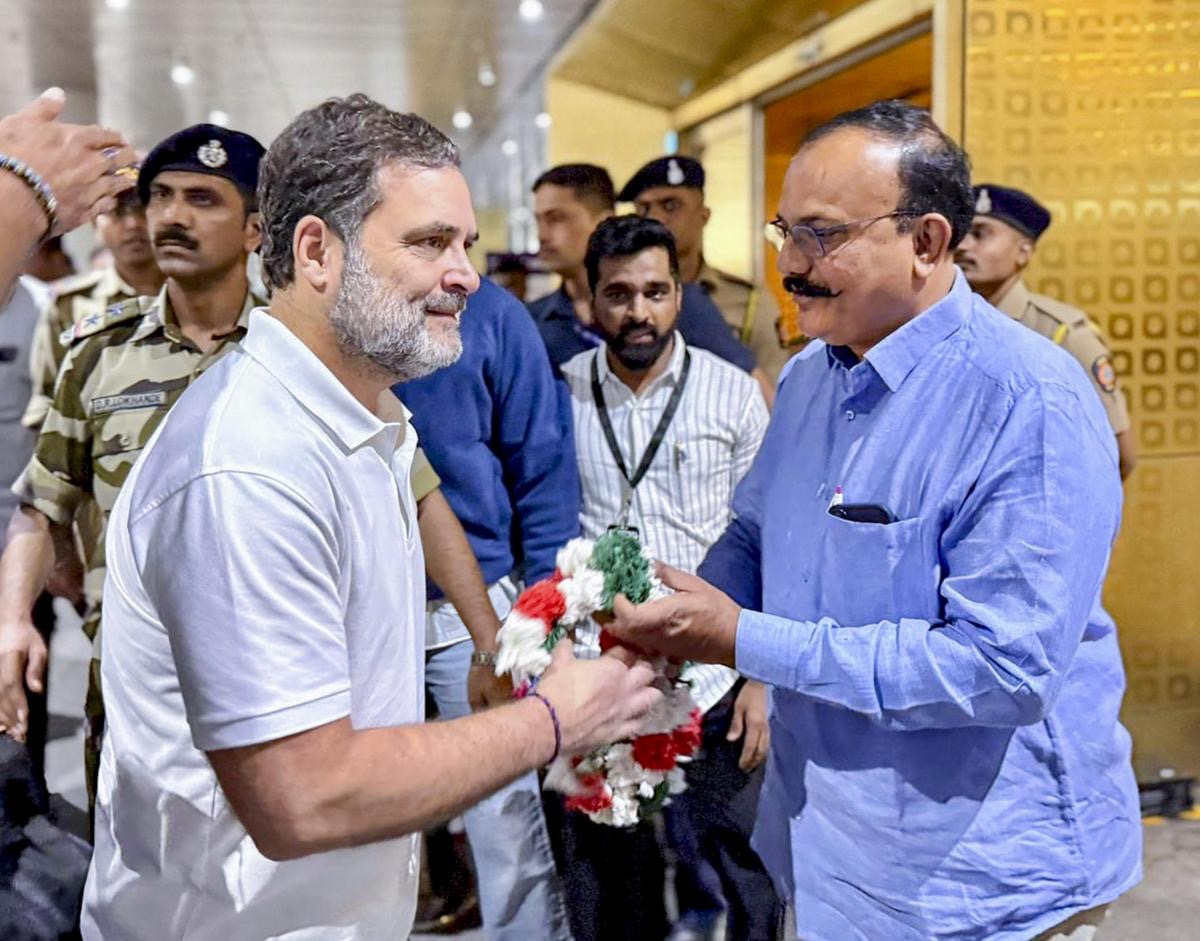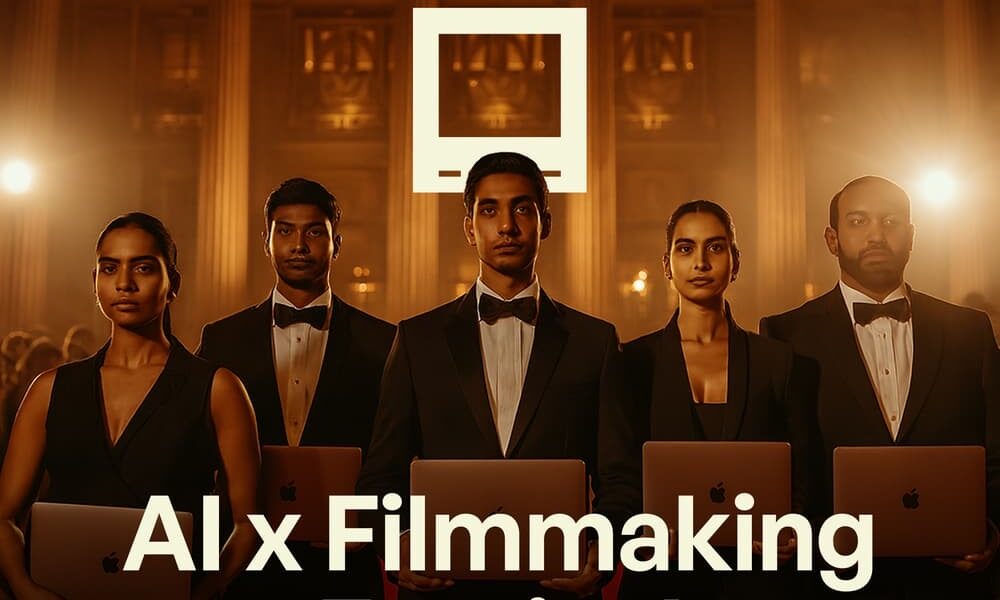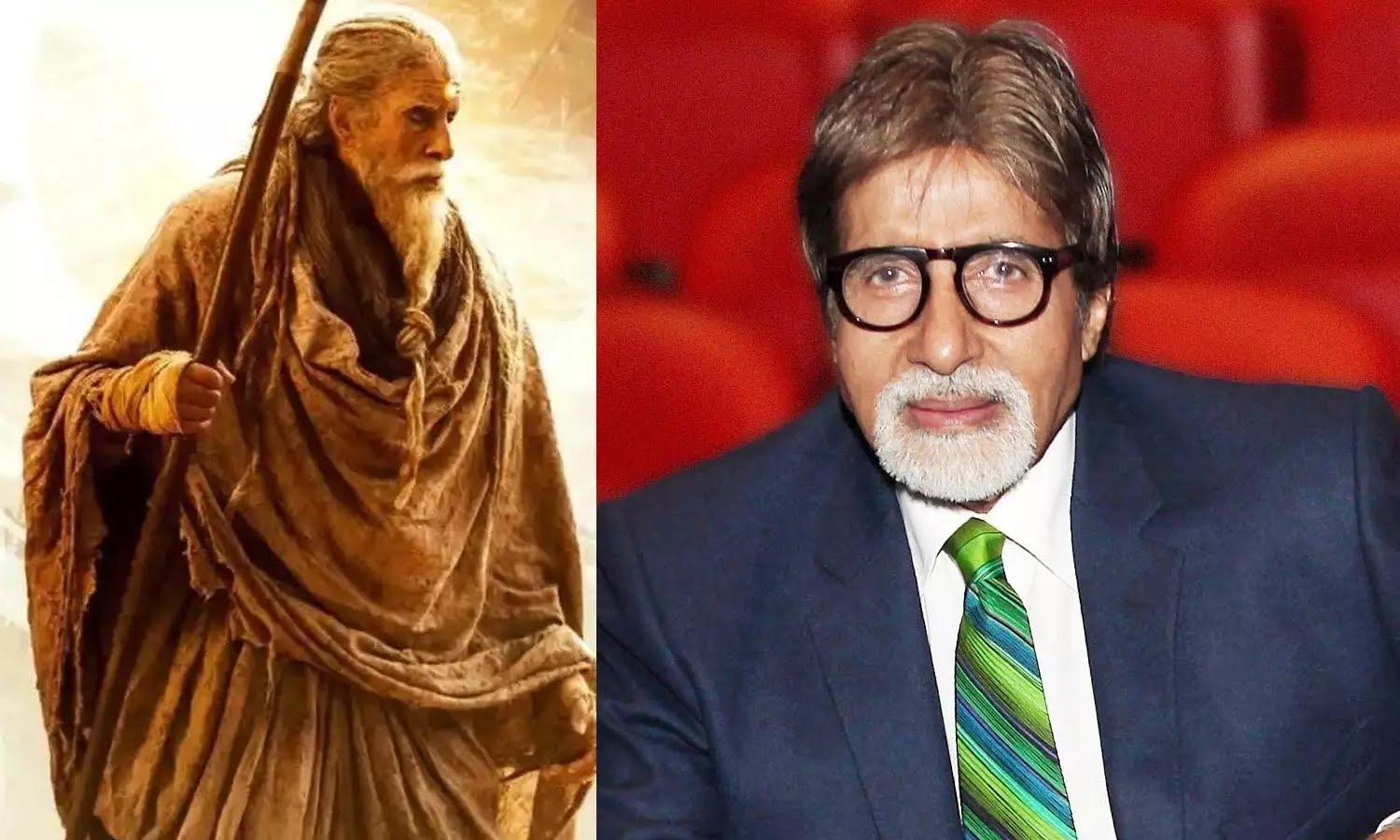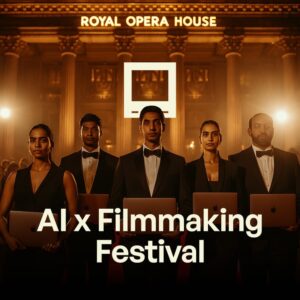
As Mumbai gets set to premiere its first AI Film Festival at the Royal Opera House from. October 31 to November 2 in the format of a hackathon, the debate continues over the fear of traditional media being replaced by over ’20 lakh in prizes and has full sponsorship support. Though it might seem an inevitable step in the art of movie-making the timing has sparked debate as it will be held on almost the same dates as the now cancelled Mumbai Academy of Moving Image (MAMI) film festival.
Whispers of MAMI’s lack of funding have been doing the rounds for the better part of a decade but the festival director Shivendra Singh Dungarpur in his statement only hinted at the likelihood of a money crunch driving the cancellation. “We are in the process of revamping the festival with a dynamic vision and a new team to ensure that the festival returns,” says a part of Dungarpur’s statement put out on Instagram in late July.
As one legacy festival fades, an AI-powered one rises, forcing a rethink of what counts as cinema, who gets to be a filmmaker, and what the judging of
AI-made films look like. The organisers have taken the concept of a gaming hackathon to make the festival more interesting. The participants will be given 48-hours to work on storytelling as well as show their prowess with AI to win.
Chandan Perla, co-organiser along with Hardeep Gambhir, explains that AI allows a small team to execute ambitious ideas. “The festival was Hardeep’s brainchild, envisaged as a hackathon where 15 teams, each with three people, would make their film and screen it for the judges on the last day.” The response stunned the largely Gen-Z organising team whose average age is 21. As per Perla, they were aiming for 2000 people to register, but now we have far exceeded that, and we are in the process of whittling these down to the 15 that will take part
An equally strong sentiment for the Opera House showcase is that it’s a test-bed, not a takedown of film-making tradition. “The goal is not just to see a rise of AI filmmakers, but to get a better understanding of how storytelling can evolve with these tools. Like in Ratatouille, ‘anyone can cook, ‘ we believe the same applies here. Great storytellers can come from anywhere,” he adds.
Shakun Batra, Harshit Agarwal and Chandan Perla, co-organiser of AI Film Festival, even as
further explaining that story-telling will remain at the heart of how the films will be judged, Perla says, they looked at every film from a first-principles view of storytelling. Story clarity, pacing, structure, and overall presentation mattered more than photorealism. The idea is to see how well AI tools will be used to serve the story, not the other way around.”
The jury includes Tanmay Bhatt, Kunal Kapoor, Zoya Akhtar, and Shakun Batra, among others. Addressing the MAMI cancellation, Batra says, “I have seen a few comments and I get where the frustration’s coming from. MAMI is iconic, and yes, it’s one of the most important institutions and deserves funding, period.” But he doesn’t see a clash. “These aren’t in competition. They’re doing completely different things. What drew me to the AI festival was the opportunity to test questions we haven’t figured out yet – about tools, storytelling, access, and authorship. Supporting innovation doesn’t mean turning our back on tradition. It just means being open to more than one kind of story.”
Dipankar Mukherjee and Hardeep Gambhir
That framing mirrors how other AI festivals are evolving. Runway’s AIFF, for instance, publicly prioritised story over spectacle, while reserving room for technical awards. Ars Electronica’s jury statements have similarly stressed artistic inquiry and cultural resonance, not just software prowess.
Dipankar Mukherjee, co-founder & CEO of Studio Blo, an AI-driven content studio, has built projects with mainstream directors and believes that cinema is stories told on screen. Whether it is made by AI or not should be beside the point. “We have been bringing in cinematographers, production designers, directors, and lighting people. It is their inputs that really enrich what we are asking AI to do. The entire creativity is still human,” he says. Yet Mukherjee finds the festival’s hackathon format strange. “You don’t create quality in two days. The focus needs to move away from time and cost, to quality,” he adds.
Harshit Agarwal builds his own AI models with open datasets to create art but is a firm believer that if the technology is to find more acceptability, those who wield it, much like the festival, must encourage transparency. “Artists should be encouraged to reveal their process. The panel could have a mix of people from tech and filmmakers who know the craft to ensure diversity and no disrespect to traditional art forms,” he says.
While in India the box office fate of a movie is often determined by the star power it boasts, will the use of AI make much of a difference? Krishna Desai, chief product officer and data scientist at Animeta, an AI film studio, believes AI will ensure that there is something for every kind of movie watcher. “If a big star is in the movie people will come to see that actor, not just the character – that reality is not going away anytime soon. But what AI might do is open up a new type of movie – what we would call art-house or niche films – and that movement may just accelerate,” he says with a certain vision for the future.
Only time will tell if AI will give us main character energy or remain a side hustle in the film industry, either way the movie goer should bask in the glory of being wooed for their heart and their eyeballs.
News Edit KV Raman


